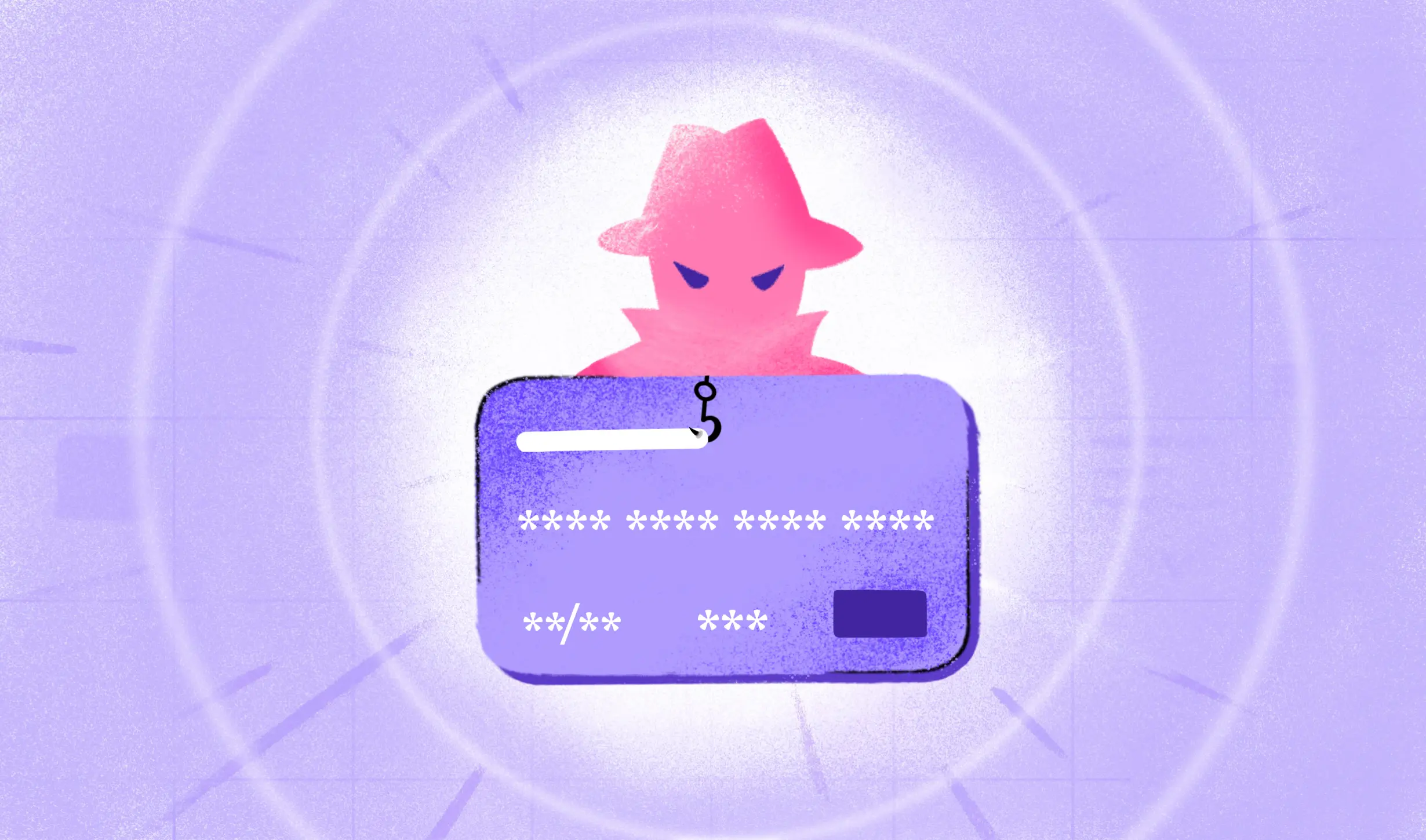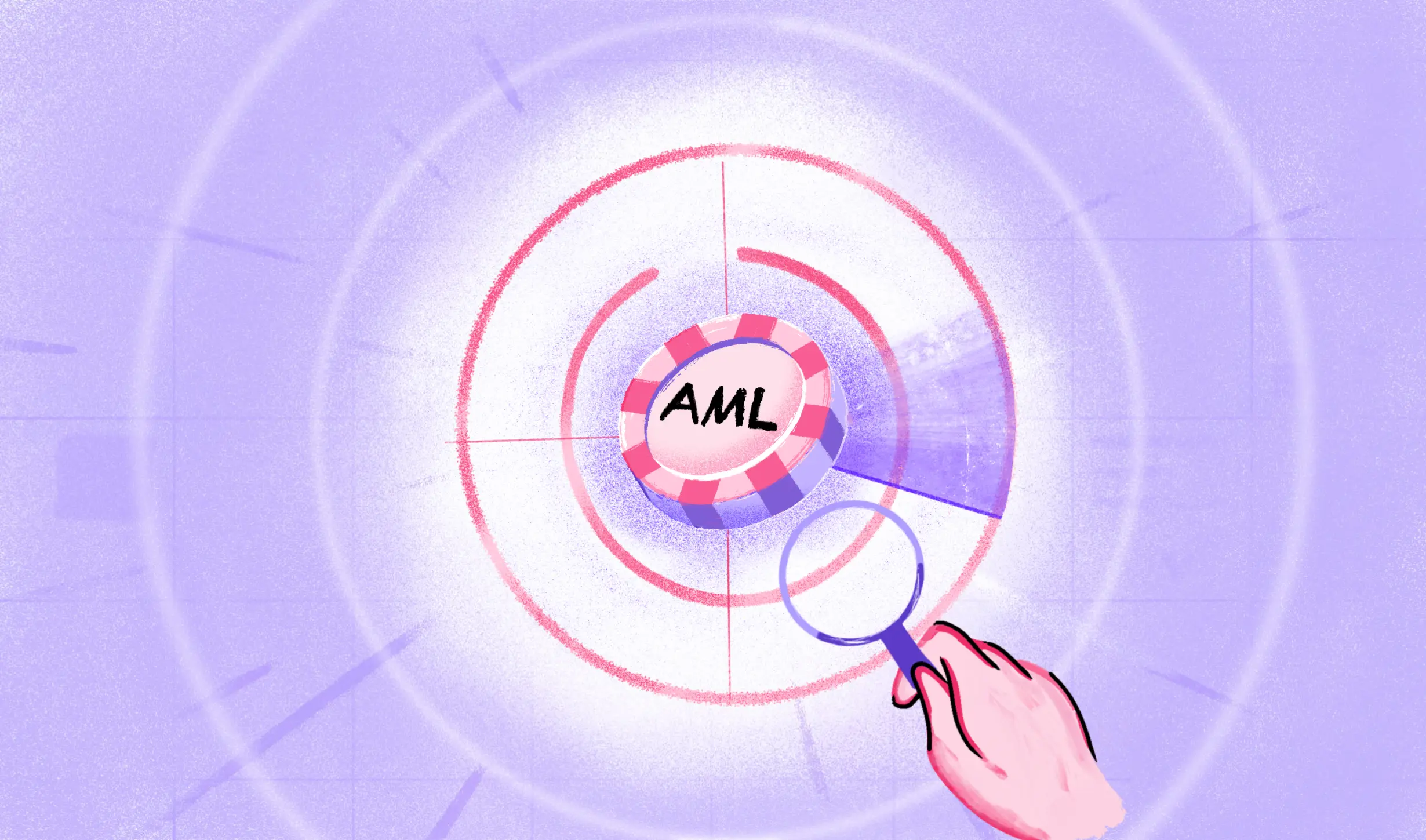Shell companies, also known as ghost companies, are quite popular among fraudsters, especially money launderers who wish to legitimize the source of their funds. And in the past few years, federal authorities and businesses have been taking measures to minimize such crimes. But how do criminals perform money laundering in shell companies? Well, read along to find out.
In this blog, we discuss what a shell company is, how criminals do money laundering through shell companies, some popular examples of shell companies known for money laundering, and finally, how businesses can detect shell companies before they get onboarded.
What are shell companies?
A shell company is a company that exists without any employees, operational assets, or an actual premise. Such companies are intentionally created to conceal the information of ownership from other businesses, law enforcement agencies, and the general public allowing fraudsters to hide illegal funds, bypass AML regulations, and avoid tax payments.
While there can be genuine reasons to set up shell companies, such as a startup setting up a shell company as a business vehicle to raise funds, most of the time, they’re used for illegal purposes. Let’s learn how.
How does money laundering take place in shell companies?
The terms shell companies & money laundering go hand in hand. Shell companies accept cash transactions on behalf of customers. It simply means money launderers deposit tons and tons of funds into the company’s account. After that, the shell company transfers the money to the accounts of money launderers using fake invoices and eventually legitimizes the funds.
Usually, such companies are set up in countries where the laws are more flexible, or the jurisdiction isn’t that strict. Also, shell companies often process numerous transactions, which increases anonymity. And this makes it hard for authorities to trace the true source of money.
Money laundering examples
Here are some examples of shell companies involved in money laundering:
- Unitech Group: Promoters of this real estate firm allegedly started, controlled, and managed over 52 shell companies using their confidants to launder money.
- Los Zetas Drug Cartel: A deadly Mexican drug cartel hid behind an Oklahoma horse ranch and numerous shell companies to conceal and send millions of dollars of drug money to Mexico.
How to identify a shell company?
Here’s how businesses can identify and stop shell company money laundering:
Business verification
Before pursuing any business ties with a new organization, businesses must perform business verification, a due diligence practice for verifying partner entities. This way, businesses can determine that the entity they’re partnering with is genuine and not some illegal shell corporation.
Address verification
Shell companies have an address on paper but no physical location or employees. This makes it easier for businesses to spot a shell company. So, businesses must opt for AI tools that help them smartly verify addresses and related information to uncover a shell company.
Implementing a risk-based AML program
Businesses must implement an AML program that, along with the basic guidelines to prevent money laundering, also lays stress on Ultimate Beneficial Ownership (UBO), business activities, and the nature and number of transactions. Also, the compliance officer must connect different data points to verify the company’s transactional flow and the stakeholders involved.
Keep an eye on red flags
The risk-based AML program must also consider the following AML red flags while verifying the corporate entities during onboarding:
- Is it complex to obtain ownership information about the concerned business entity?
- Are there any payments/transactions without a specific date or purpose?
- Are the business profile and transactions of the company in complete sync?
- Are there any large transactions with other shell companies?
- Is the company making frequent money transfers to different beneficiaries?
How does HyperVerge help
HyperVerge offers an end-to-end identity verification solution, using which businesses can verify the identities of the customer they’re onboarding. This way, businesses can ensure only genuine businesses onboard with the merchants.
HyperVerge’s identity verification solution is AI-powered and offers praiseworthy accuracy. Also, it’s easy to integrate. To learn more about how HyperVerge works and how we can help you, book a demo now!
FAQs
Why are Shell Companies used for Money Laundering?
Shell companies are often used for money laundering because it’s quite complex to find the true person behind the fraud. Also, such companies are intentionally set up in countries with flexible jurisdiction, making it even harder to detect.
Is Shell Company a fake Company?
Both yes and no. Yes, because they’re often used for criminal purposes such as tax evasion and money laundering. No, because sometimes they’re intentionally set up by a startup to raise funds.
Is it legal to work with a Shell Company?
As long as the shell company is not involved in any criminal activity, businesses can work with them. However, doing business with a shell company involved in illegal operations could bring legal repercussions and a bad reputation.

 US
US
 IN
IN









